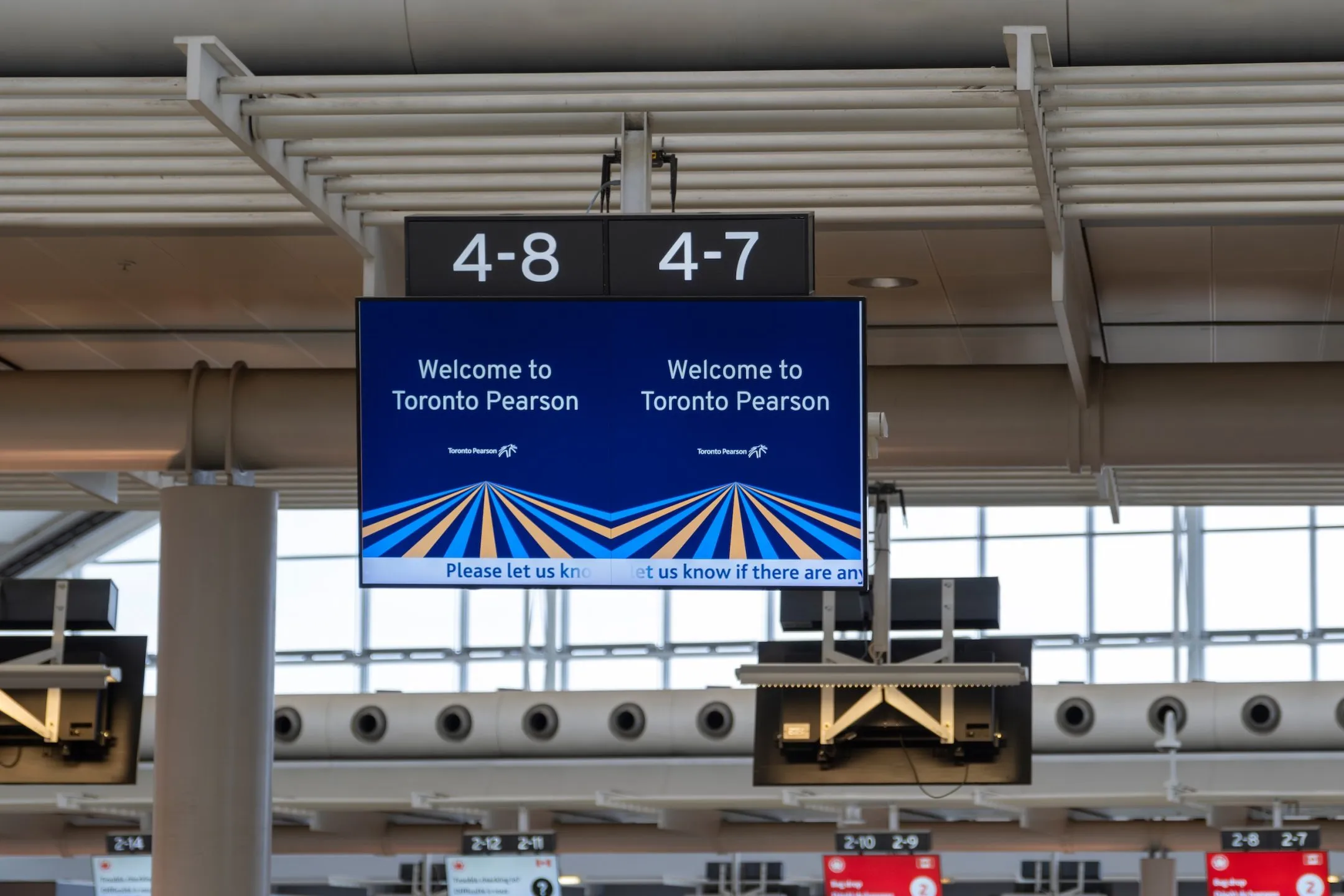In an effort to curb the spread of the COVID-19 virus and reduce non-essential travel, the Government of Canada has once again expanded entry restrictions and requirements to travel to Canada. With the new legal requirements in effect as of February 22, 2021, both employers and employees are encouraged to be mindful of these new policies when determining the necessity of business travel, and the constraints surrounding the viability of travel. Specifically, both employers and employees should balance the operational needs of the business with the health and safety of employees, and the ability to carry out their job duties effectively.
All travellers entering Canada, including temporary foreign workers, will be required to adhere to these new restrictions and requirements until April 21, 2021, subject to extension.
Accordingly, the team at Sultan Lawyers has once again prepared a simple and easy-to-reference outline of the current entry requirements for foreign nationals (as of the date of publication) who are permitted entry to Canada under the current restrictions, including for the purposes of employment.
Please note that the requirements referenced in this blog were in force at the time the blog was published.
Air Travel
What are the testing requirements?
As of February 22, 2021, all travellers, including temporary foreign workers, who are over the age of five (5) and are arriving in Canada by air, are subject to the following testing requirements:
- Provide proof of a valid negative COVID-19 molecular test result taken within 72 hours of the scheduled flight;
- Take a COVID-19 molecular test upon arrival in Canada and prior to leaving the airport; and
- Take a COVID-19 molecular test following the expiry of the 14-day quarantine period.
All travellers arriving in Canada by air will also be required to download the ArriveCAN app prior to travel to Canada and submit their travel plans, contact information, as well as a suitable quarantine plan.
What are the quarantine requirements?
All travellers, with limited exceptions, will now be required to isolate in a government-authorized hotel for a minimum period of three (3) days while awaiting their COVID-19 test results. These travellers will be required to make reservations prior to their departure to Canada and at their own expense.
If an individual receives a negative test, they will be permitted to leave the hotel and must continue to isolate for the remainder of the 14-day period at a location of their choice.
Alternatively, if the individual receives a positive test, they will be transferred to a government-designated quarantine facility for the remainder of the 14-day isolation period.
At the end of the 14-day period, and as mentioned above, all travellers will be required to take another COVID-19 test. If the test result is negative, they will be permitted to leave isolation. However, if the result is positive, they will be required to isolate for another 14 days.
Land Borders
What are the testing requirements?
If you are entering Canada through a Canada-US land border, there are three testing requirements that will apply as of February 22, 2021:
- Provide proof of a negative COVID-19 molecular test taken in the United States within 72 hours prior to arriving at the border;
- Take an additional COVID-19 molecular test upon arrival at the border; and
- Take a third COVID-19 molecular test at the end of the 14-day quarantine period.
Travellers arriving by land will also be required to download the ArriveCAN app prior to travel to Canada and submit their travel plans, contact information, and a suitable quarantine plan.
What if I arrive at the land border without a test?
If you are a Canadian citizen, permanent resident, or person registered under the Indian Act, and do not provide a COVID-19 test upon arrival, you will be allowed to enter Canada. As a consequence, you may be subject to fines of up to $3,000 per day and/or criminal prosecution.
Further, if you cannot provide a test and present symptoms upon arrival at the border, you may be required to isolate in a designated quarantine facility.
Alternatively, if you are a foreign national, and are permitted entry to Canada, including that you will be for the purposes of carrying out essential, non-discretionary work, and you do not have a negative test upon arrival, you will not be permitted entry into Canada at that time.
Limited Exceptions to the Entry Requirements
While there are some exceptions to the travel requirements, including for employees who are deemed to be working in essential sectors, or who regularly travel cross-border as part of their job, we encourage all travellers to review the exemptions carefully and to consider reaching out to experienced employment and immigration counsel, Sultan Lawyers, to determine eligibility to forego the quarantine period.
Further, as mentioned in our previous blog, we strongly urge you to reach out to Sultan Lawyers if your employment has been negatively impacted while travelling during the pandemic whether there was a violation of human rights, you believe you may have been wrongfully dismissed, or you were subjected to a layoff or otherwise.
If you have questions relating to travel to Canada during COVID-19, including whether you are exempted from the requirement to quarantine, please contact Toronto employment and immigration lawyers, Sultan Lawyers, at (416) 214-5111 or here.
Your Case: Our Priority.
At Sultan Lawyers PC, we are the only firm specializing exclusively in employment and immigration law. Whether your case is straightforward or complex, we have the experience and commitment to achieve the best possible outcome. Trust us to navigate the toughest challenges with you.



